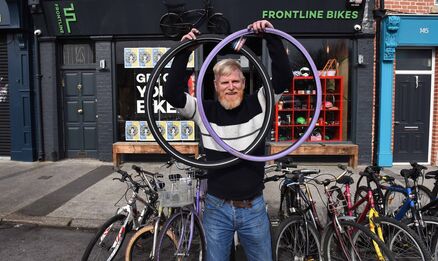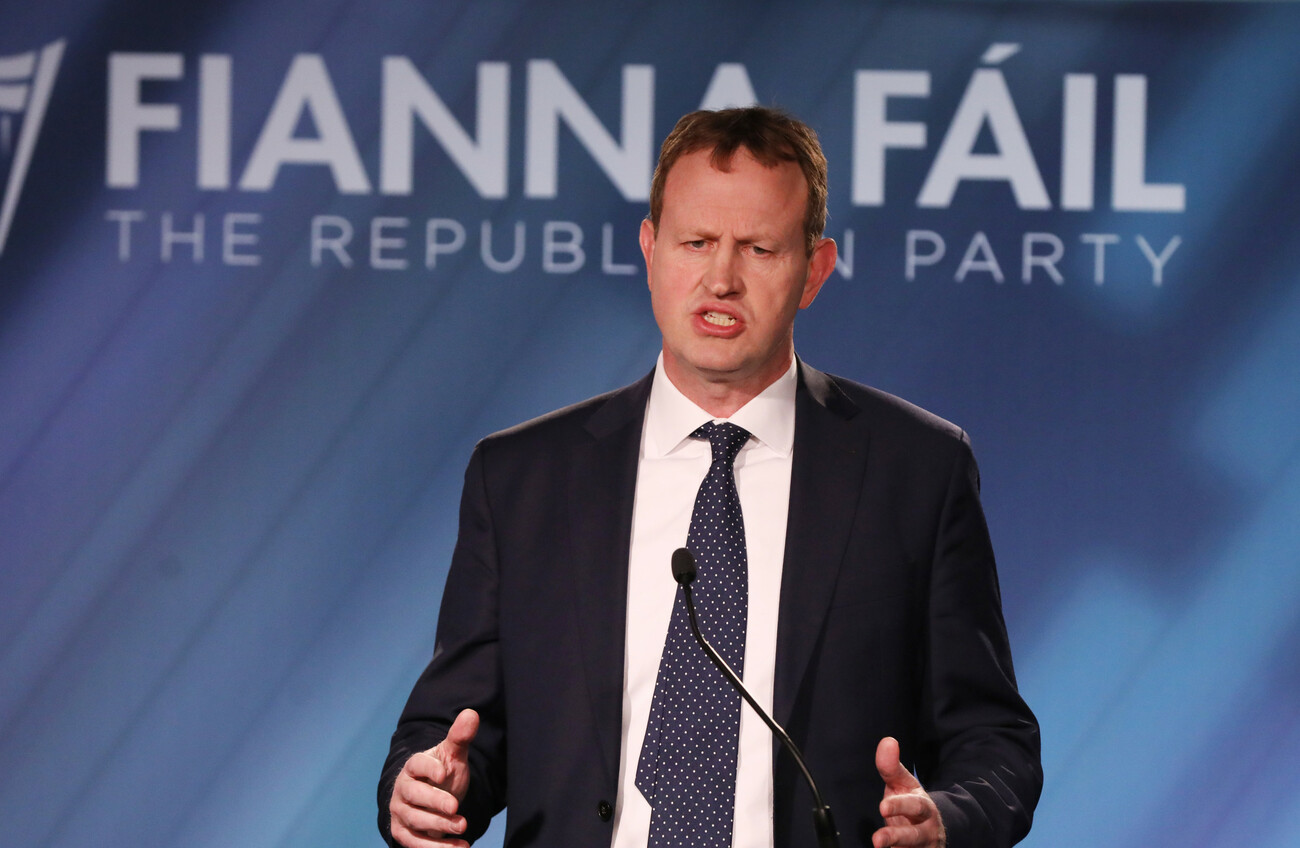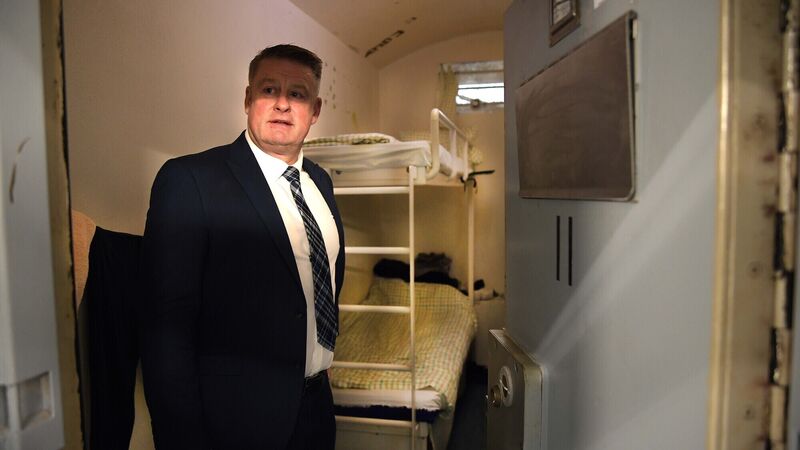Ger McBrearty, 50, gets up every morning at about 6.30am. He readies himself for the day ahead before waking his eight-year-old son. After breakfast, Ger drops his boy to school and then heads to his job as a mechanic in Frontline Bikes in Dublin’s Inchicore.
This life, as a tax-paying single dad is unimaginable compared to his previous one, where “chronic” heroin addiction and “lengthy” prison sentences were his norm for years on end. “I was a chronic user and that’s putting it lightly,” explains Ger.
Ger’s pathway to addiction was preceded by “trauma.” At birth, he was taken immediately from his mother. He was 18 months old before he was adopted from a mother and baby home by a family in Donegal.
“I was running away from the age of 11. I got myself into trouble trying to support myself,” explains Ger. He ended up homeless on the streets of Dublin at 15-and-a-half years of age.
“After about a year of that, I was really struggling. Dublin was a horrible place in the 1980s, it was a deprived city, so I went to London. But you have to know I despised drugs, like I was anti-drugs. I started working on the building sites and I was earning an absolute fortune over there,” says Ger.
But when the building trade slowed down in London in the 1990s, Ger found himself homeless once again and it was at this point he was introduced to the drug that would dominate the next 20 years of his life.
“The heroin scene had just started there and low and behold it took all my pain and anger away, all the turmoil in my life. I was about 22,” says Ger.
Months rolled by and I’m no longer the one using it, it starts to control me.
He returned home to Ireland just as the dial was about to turn on a millenium having gotten off drugs. However, a life-altering incident that he didn’t see coming, nor had the knowledge or support to deal with, set him back.
“I escaped back to what was the norm for me, back to heroin, it was 2000. It would be 2018 before I stopped completely,” says Ger.
He is approximately five years clean now and his son’s birth in 2013 was the turning point that saw him reach out for help. In 2014, he walked into Frontline Make Change in Inchicore, a community-based addiction service.
“So I just walked in off the street one day into Kavanagh House. I started working with a key worker, attending one-to-one sessions and group sessions,” he explains.
It was this wrap-around support and finally gaining an understanding of the trauma he had experienced that saw him quit drugs for good.
“It was having the support, having a place to go to talk about the issues that previously affected me, having guidance, having people who understood the effects of long-term trauma.
“It wasn’t until I did training on trauma that I understood my own – from the moment I was taken from my mother’s womb and handed over. I didn’t know the effects of this – all these things came into play. I ended up going to Maynooth and studying addiction.
“I’m a trained drug practitioner, and even when I say that to myself I’m like: ‘Jesus, someone invested in me, saw something in me’,” says Ger.
MON, 11 APR, 2022 – 19:51
JOYCE FEGAN
For someone currently in addiction his advice is simple – talk.
“Walk into your local drug service, make that contact, just having the willingness to change because there is someone there who is understanding. The more open and honest you are the easier it is to fix the things that are wrong.
“I’m a normal functioning member of society, I am contributing to society in every way I can and I’m a single dad. I’m a beacon of light for people in addiction. I just want people to read this and say: ‘If he can turn his life around, then I definitely can”.









